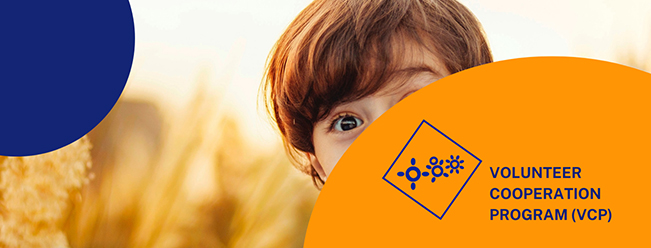The 8-year-old refugee who last week was thrilled to have a trophy suddenly has so much more.
Tanitoluwa Adewumi, age 8, skidded around the empty apartment, laughing excitedly, then leapt onto his dad’s back. “I have a home!” he said in wonderment. “I have a home!”
A week ago, the boy was homeless, studying chess moves while lying on the floor of a shelter in Manhattan. Now Tani, as he is known, has a home, a six-figure bank account, scholarship offers from three elite private schools and an invitation to meet President Bill Clinton.
“I think I am still dreaming,” said Tani’s dad, Kayode Adewumi. “I hope I don’t wake up.”
I wrote in my column last weekend about Tani as a reminder of the principle that talent is universal, even if opportunity is not. A Nigerian refugee who had learned chess only a bit more than a year earlier, he had just defeated kids from elite private schools to win the New York state chess championship for his age group. He lugged a trophy nearly as big as he is back to the homeless shelter.
Now the story gets even better.
After my column about this hard-working family, a GoFundMe drive raised more than $200,000 for Tani, his parents and his brother. A half-dozen readers offered housing — in a couple of cases, palatial quarters. Immigration lawyers offered pro bono assistance to the Adewumis, who are in the country legally and seeking asylum. Three film companies are vying to make movies about Tani.
The family settled on one of the more modest and practical housing offers: An anonymous donor paid a year’s rent on a two-bedroom apartment near Tani’s current school. The apartment is clean, comfortable and freshly painted, without being luxurious, and the Adewumis gaze adoringly at their new kitchen.
“I want my mom’s cooking again!” Tani mused as he explored the apartment. It was bare, but another donor had offered furniture, sheets and towels. Someone else was sending 100 chess books.
Heartfelt thanks to all my readers for this generosity: I truly have the best readers.
And now the story gets even better.
The Adewumis have decided that they will not spend a cent of the $200,000 GoFundMe money on themselves. They will take out a 10 percent tithe and donate it to their church, which helped them while they were homeless, and the rest will be channeled through a new Tanitoluwa Adewumi Foundation to help African immigrants who are struggling in the United States the way they were a week ago.
“Anybody who is coming from Africa who is in the position we were in, we will help them,” Mr. Adewumi said, acknowledging that details need to be worked out.
I asked them how they could turn down every penny of such a huge sum. Didn’t they want a celebration dinner? New iPhones? A vacation?
“I’m a hardworking guy,” Mr. Adewumi explained. He has two jobs: He drives for Uber with a rented car and sells real estate through Brick & Mortar. Someone has now offered him a free car so that he can keep more of the money he makes driving, and Tani’s mom was just offered a job as a health care aide at a hospital.
I asked Tani if he was O.K. with seeing the $200,000 disappear. He shrugged. “I want to help other kids,” he said. “I don’t mind.”
Surely, I pressed him, there was some material object he coveted. There was a long silence. “Maybe a computer,” he acknowledged.
The family was tempted by the offers of full scholarships at top private schools. But Tani and his parents decided that while he might accept such a scholarship for middle school, he would be loyal and stick with the public elementary school, P.S. 116, that taught him chess and waived his fees for the chess club.
“This school showed confidence in Tanitoluwa,” his mom, Oluwatoyin Adewumi, told the P.S. 116 principal, Jane Hsu. “So we return the confidence.” And then, overcome with emotion, the mom and the principal hugged.
There’s a risk that a triumph like this leaves the impression that charity is the solution rather than a way to fill gaps: Fundamentally we need comprehensive systems in place to support needy kids. We would never build a bridge or subway with volunteers and donations, so why entrust an even more urgent cause — homeless children — to charity?
Tani thrived because everything fell into place: a good school, a dedicated chess teacher and devoted parents committed to taking their son to every chess practice. The challenge is to replicate that supportive environment for all the other Tanis out there with public services and private philanthropy alike.
One challenge I face is that readers often want to donate just to a particular individual I write about, without addressing the larger social problem. So it’s thrilling to see Tani and his parents use their good fortune to help other anonymous kids in need. In that, there’s a lesson for all of us.
“God has already blessed me,” Mr. Adewumi told me. “I want to release my blessing to others.”



